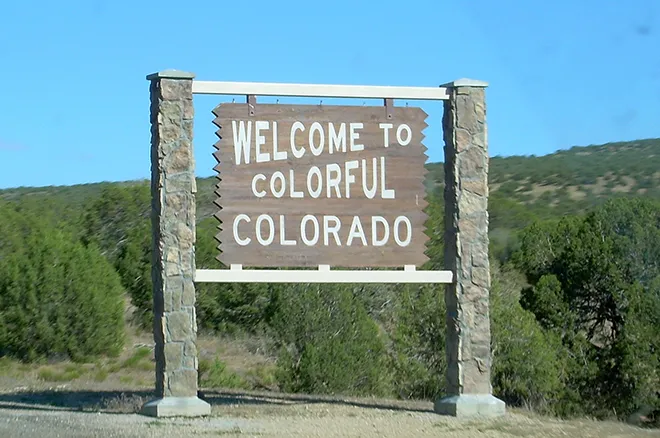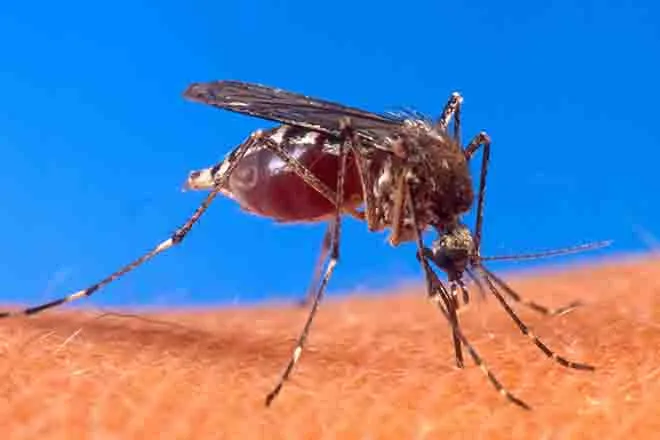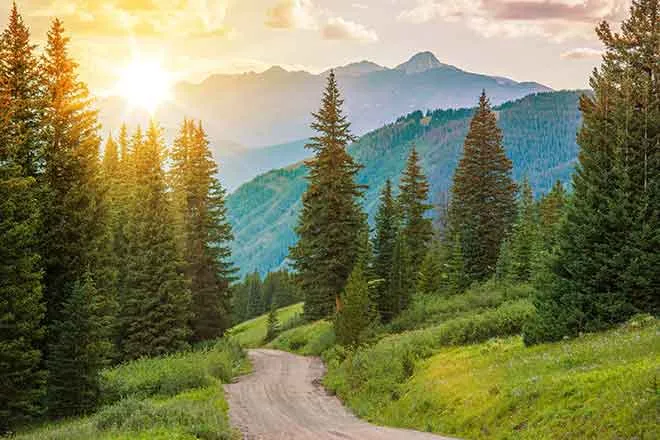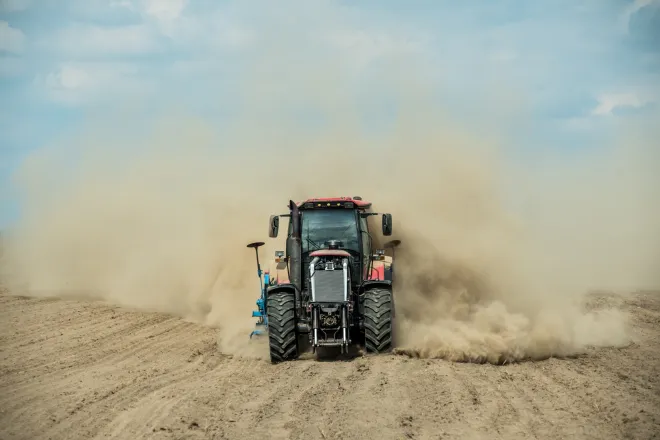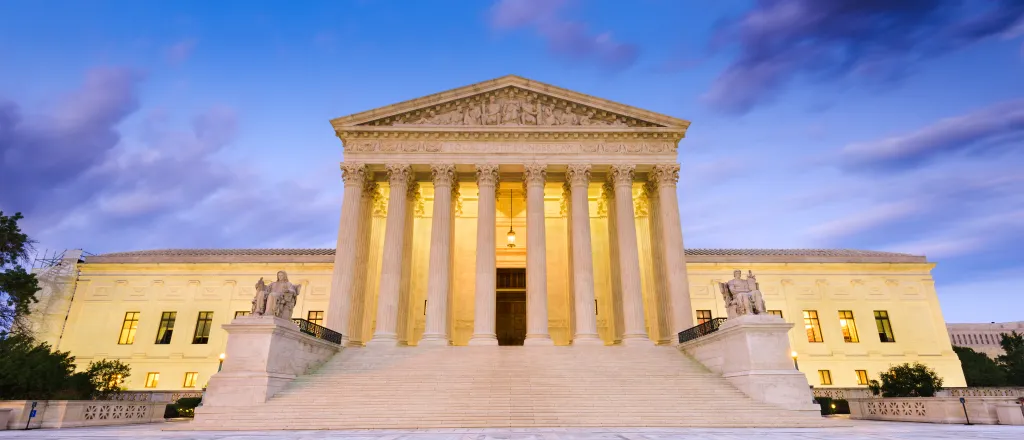
SCOTUS rejects Utah's attempt to control public lands
© iStock - SeanPavonePhoto
Click play to listen to this article.
The U.S. Supreme Court has opted not to hear a lawsuit brought by the State of Utah, which alleged the federal government's ownership of large parts of the state is unconstitutional.
The decision marks a win for conservation advocates.
Olivia Juarez, public land program director for the nonprofit GreenLatinos, said Utahns now will not have their tax dollars used to fund what they call the state's "ill-founded lawsuit and disinformation campaign." Utah had made the effort to seize public lands administered by the Bureau of Land Management.
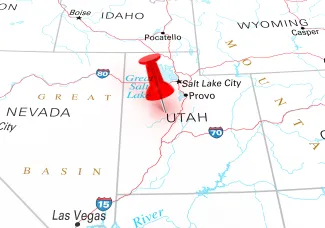
Juarez acknowledged with a Republican-dominated Congress, similar efforts may return.
"We are better set up to fight against some of the biggest challenges that the Trump administration is going to pose to the American public," Juarez contended. "Two of them namely being the climate and biodiversity crisis and also a cultural crisis about belonging."
Juarez pointed out public lands represent the origins of American and pre-American history. The case marks the latest setback for states looking to gain control of public lands, some of which hold valuable oil and gas, timber and other resources. Utah state leaders have said they have not ruled out taking their suit to a lower court.
The nomination hearing for Donald Trump's pick for Interior Secretary, North Dakota Governor Doug Burgum, is scheduled for this Thursday. The new administration will inherit a number of challenges, including disputes over conservation leases on Bureau of Land Management lands.
Juarez argued the multiple-use doctrine for public lands should be upheld.
"That rule will be under attack by the incoming Congress and presidential administration," Juarez noted. "It'll be important to reaffirm to the next secretary that conservation is a use that is valuable, economically as well as culturally."
Juarez added last weekend, public lands and conservation advocates rallied in Salt Lake City to show their support for protecting public lands across the Beehive State like the Bears Ears and Grand Staircase-Escalante National Monuments.
"Our goal was to bring people together at a time that it feels good," Juarez stressed. "It's a really hopeful moment for the nation's will to treat public lands as a solution to climate disaster, rather than making them part of the problem."

